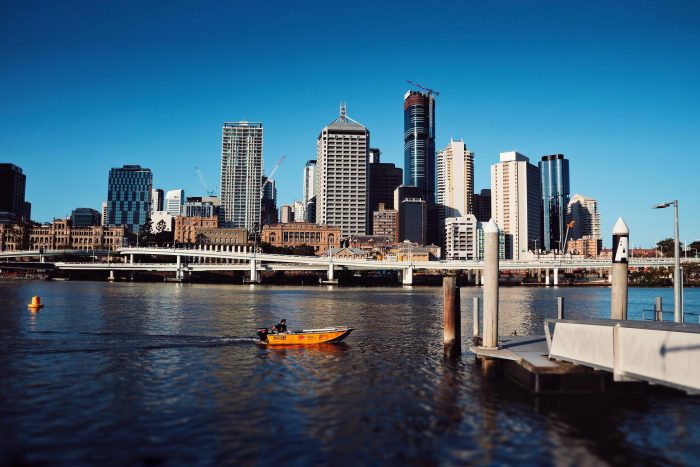
Urban areas are facing major climate challenges throughout the world. Sophisticated modelling techniques have been developed to analyse the interaction of the urban areas with the regional climate. However, in most cases, the assessment of urban climate challenges (such as heat, air quality, and thermal comfort) is not based on a long-term analysis and provides results only for specific meteorological conditions. In this study, we aim to apply a clustering method to yearly weather files with the aim of obtaining representative boundary conditions for urban microclimatic models. The results describe typical-day weather situations commonly known as weather types for Australian cities. This analysis enables more accurate and complete assessment of the existing thermal situation and the impact on urban climate challenges. The approach presented in this study will provide better support to planners and decision-makers in the development of urban spaces in regard to their expected use.
Requirements: some programming skills, preferably Python
Timing: Flexible
Supervisor: Dr Negin Nazarian
This project will be based at UNSW.
To apply: the Undergraduate Scholarship application form can be found here.
